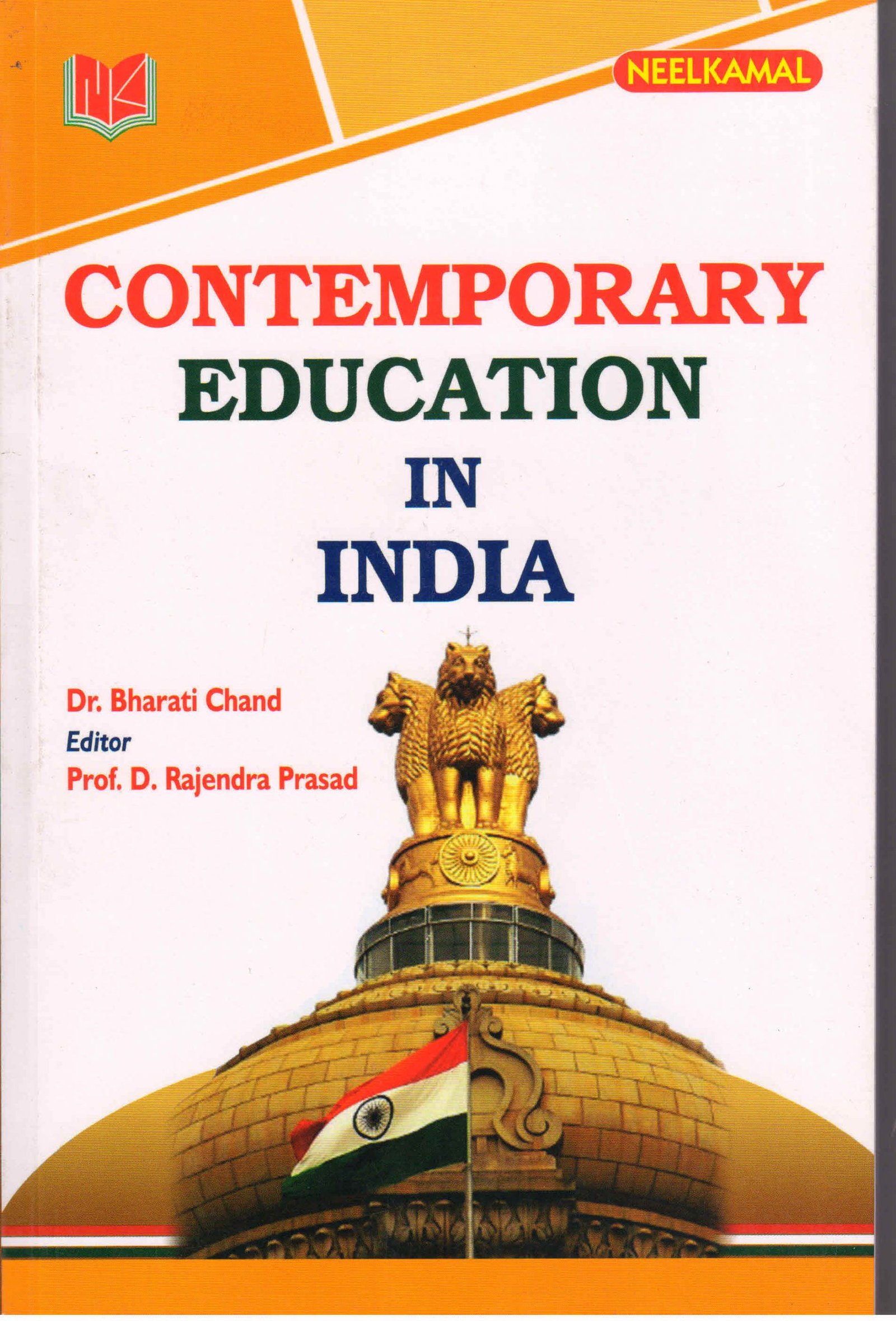The Institute of Banking Personnel Selection (IBPS) is one of the most prominent organizations in India that conducts recruitment examinations for public sector banks. For aspirants dreaming of a stable and prestigious career in banking, IBPS has become a household name. Every year, lakhs of candidates from across the country register for various IBPS examinations, making it one of the most competitive recruitment processes in India.
In this article, we will explore what IBPS is, the exams it conducts, its significance, eligibility criteria, preparation strategies, and why it continues to play such a crucial role in shaping banking careers.
What is IBPS?
The Institute of Banking Personnel Selection (IBPS) is an autonomous body established in 1975. Initially, it started as a Personnel Selection Service (PSS) to assist banks in recruiting suitable candidates. Later in 1984, it became an independent entity, providing standardized systems for testing and recruitment.
IBPS is well-known for conducting nationwide competitive examinations for recruitment to Public Sector Banks (PSBs), Regional Rural Banks (RRBs), and some insurance and financial institutions. Its objective is to ensure transparency, efficiency, and fairness in the recruitment process.
Major Exams Conducted by IBPS
IBPS organizes several key examinations annually, catering to different roles within the banking system. The most popular among them are:
-
IBPS PO (Probationary Officer):
This is the flagship exam for graduate aspirants aiming to become officers in public sector banks. The selection involves three stages – Prelims, Mains, and Interview. -
IBPS Clerk:
This exam recruits clerical staff for banks. It consists of Prelims and Mains exams, without an interview stage. -
IBPS RRB (Regional Rural Banks):
IBPS conducts recruitment for RRBs to fill positions such as Officer Scale I, II, III, and Office Assistant. -
IBPS SO (Specialist Officer):
For specialized roles like IT Officer, Agriculture Field Officer, Law Officer, Marketing Officer, and HR/Personnel Officer, the SO exam is conducted.
Each of these exams is highly competitive and attracts candidates from diverse educational backgrounds.
Eligibility Criteria
The eligibility requirements for IBPS exams vary depending on the post, but the general criteria include:
-
Educational Qualification:
A bachelor’s degree from a recognized university is mandatory. For specialist roles, relevant professional degrees (such as law, agriculture, or IT) are required. -
Age Limit:
Typically, the age range is 20 to 30 years for general category candidates. Age relaxations are available for candidates belonging to SC/ST, OBC, ex-servicemen, and other reserved categories as per government norms. -
Nationality:
Candidates must be Indian citizens or meet specific nationality requirements stated in the official notification.
Selection Process
The selection process for IBPS exams generally includes:
-
Preliminary Examination:
A computer-based test with objective questions in English, Quantitative Aptitude, and Reasoning Ability. -
Main Examination:
A more comprehensive test covering General Awareness, Data Analysis, Computer Knowledge, and Professional Knowledge (for SO posts). -
Interview:
Conducted for officer-level posts like PO and SO to assess communication skills, banking awareness, and decision-making ability. -
Final Allotment:
Candidates who clear all stages are allotted banks based on their merit rank and preferences.
Importance of IBPS in Banking Careers
IBPS has revolutionized the way banking recruitment is conducted in India. Before its establishment, each bank conducted its own exams, which led to duplication of efforts and lack of uniformity. With IBPS, the system became centralized, saving time and effort for both candidates and banks.
Some key benefits of IBPS are:
-
Transparency: The entire process is merit-based, with minimal human interference.
-
Standardization: Uniform exam pattern and syllabus for all participating banks.
-
Accessibility: Candidates from rural and urban areas can apply online and write exams in multiple languages.
-
Employment Opportunities: IBPS has created lakhs of jobs, contributing significantly to India’s financial sector.
Preparation Strategies for IBPS Exams
Given the high competition, aspirants need to prepare strategically. Here are some useful tips:
-
Understand the Exam Pattern:
Familiarize yourself with the syllabus and weightage of each section. -
Practice Mock Tests:
Regular practice of online mock tests helps improve speed and accuracy. -
Focus on Current Affairs:
Banking awareness and general knowledge are crucial for the mains and interview stages. -
Strengthen Basics:
Revise fundamental concepts of mathematics, reasoning, and English. -
Time Management:
Develop the ability to answer maximum questions within the limited time frame.
Challenges in IBPS Exams
Despite the opportunities, candidates face several challenges:
-
High Competition: Millions of applicants for limited vacancies.
-
Dynamic Syllabus: Constant updates in exam pattern and difficulty level.
-
Stress Management: Pressure to balance speed with accuracy.
However, with consistent preparation and focus, many candidates successfully crack these exams every year.
Conclusion
The Institute of Banking Personnel Selection (IBPS) has become a cornerstone of banking recruitment in India. By providing a transparent, fair, and standardized process, it has created opportunities for countless aspirants to secure stable careers in the financial sector. For those aiming to work in public sector banks, understanding the IBPS system and preparing diligently is the first step toward success.
A career through IBPS not only offers job security but also provides growth, prestige, and the chance to contribute to India’s rapidly growing banking industry. For millions of aspirants, IBPS continues to symbolize hope and opportunity in the ever-evolving job market.











